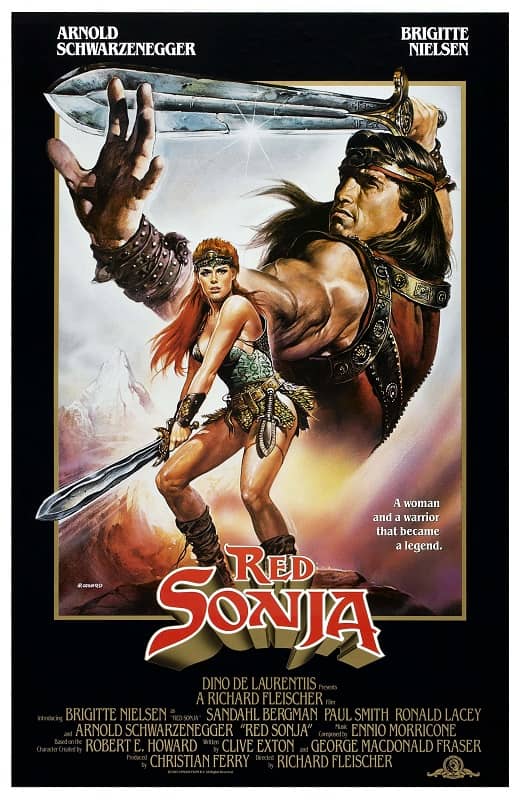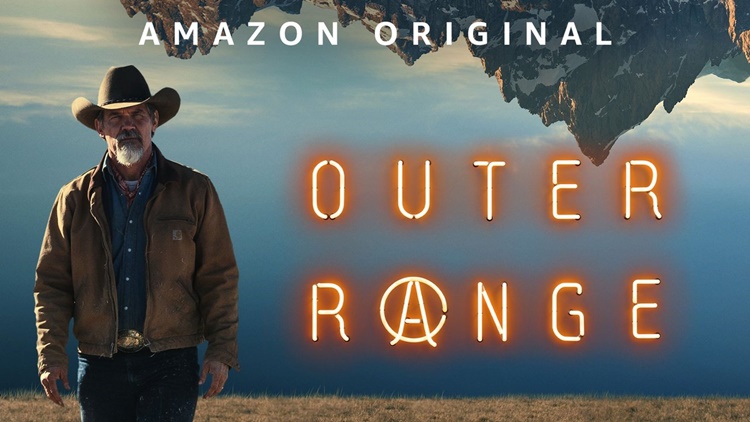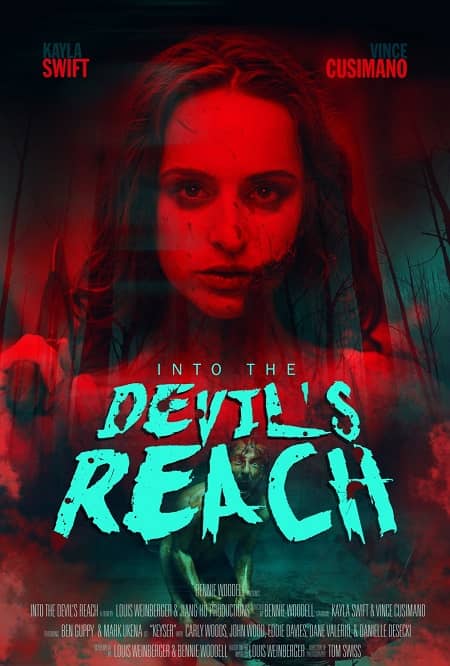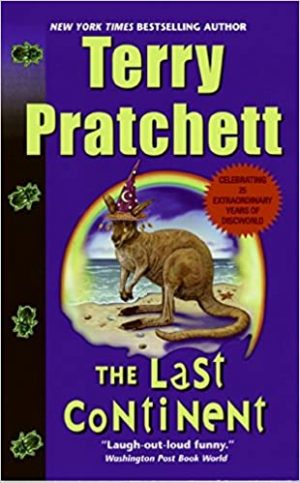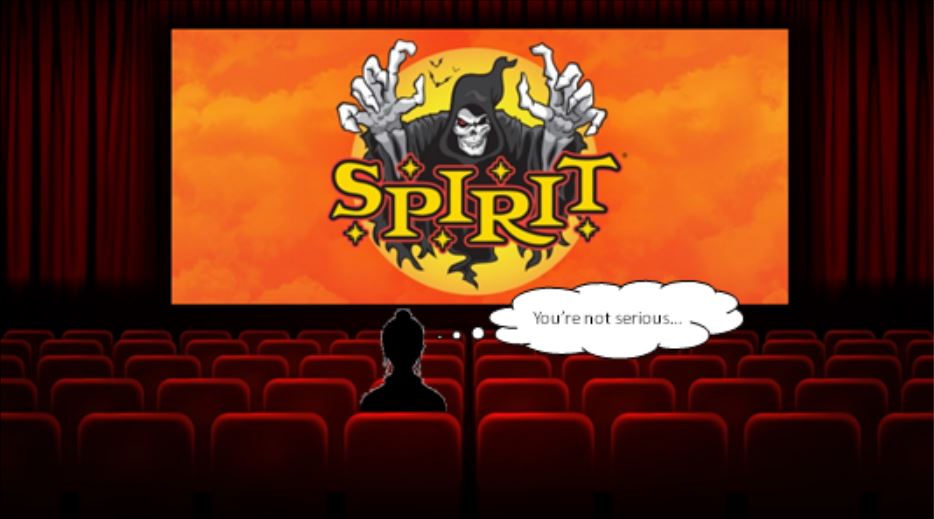 In the early 2000’s, for about a decade and-a-half, USA Network was cranking out quality shows. For some programming, they were a viable competitor to the big four. In those pre-streaming days, I faithfully watched each week. And in the past year, I’ve discovered a couple I didn’t watch the first time around. I decided it’s time to talk about a few of them. So here’s the first of a two-parter, looking at some of those great USA Network shows.
In the early 2000’s, for about a decade and-a-half, USA Network was cranking out quality shows. For some programming, they were a viable competitor to the big four. In those pre-streaming days, I faithfully watched each week. And in the past year, I’ve discovered a couple I didn’t watch the first time around. I decided it’s time to talk about a few of them. So here’s the first of a two-parter, looking at some of those great USA Network shows.
MONK (2002 – 2009)
How have I never written a stand-alone about Monk for Black Gate? That needs to be rectified in 2022! This is the show that put USA on the original programming map. Tony Shaloub’s defective detective just grew in popularity each season. The series finale, when aired, had the highest rating of any hour-long drama series on basic cable.
Shaloub is Adrian Monk – formerly a brilliant detective for the San Francisco Police Department. He was a bit obsessive-compulsive, but it was manageable. Barely. But then his wife, Trudy, is killed by a car bomb, and his OCD goes extreme. He ends up discharged by the police department. He can’t solve the murder, and it eats at him. He can’t do what he’s best at, to fix the biggest issue in his life.
His former partner, Captain Leland Stottlemeyer, is now chief of police, and he occasionally hires Monk to consult on tough cases. Lieutenant Randy Disher is his right hand. Stottlemeyer is competent, and Disher is brave; but they’re not brilliant. That’s where Monk comes in.
…
Read More Read More


